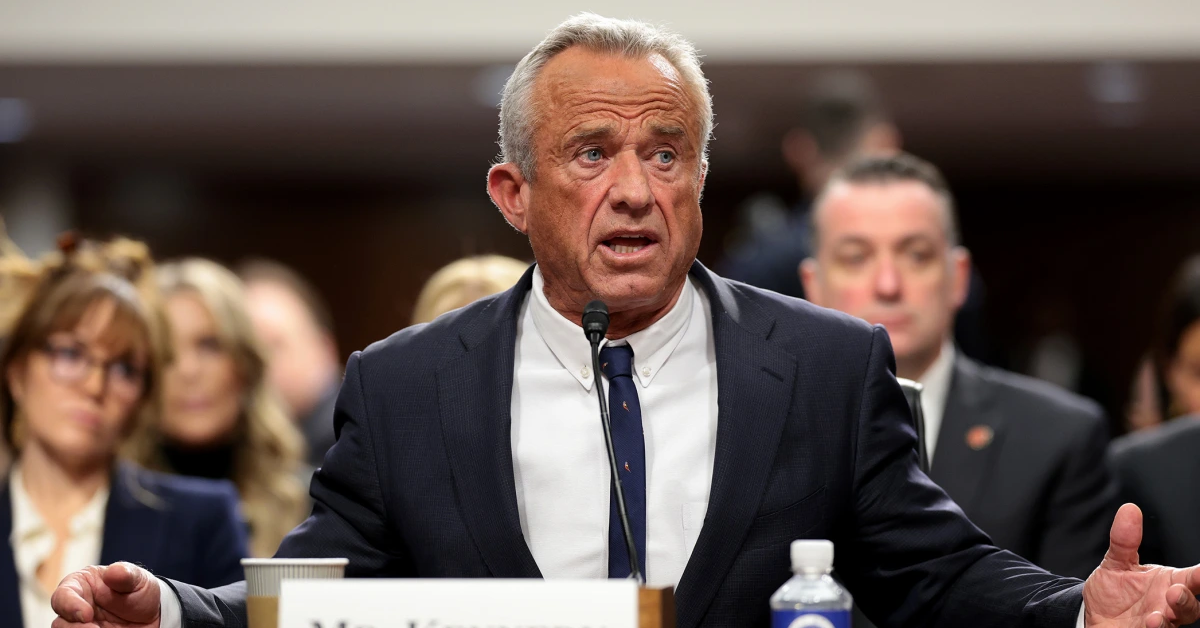Recent controversies surrounding Robert F. Kennedy Jr. have sparked calls from various groups demanding his resignation. These organizations express serious concerns about his stance on food safety and other critical public health matters. Their increasing voices highlight the urgency of accountability from public figures who influence health policies.
RFK Jr., known for his vocal opinions on vaccines and environmental issues, now faces scrutiny from food safety advocates and government watchdogs. Critics argue that his views can mislead the public and compromise trust in science-based health regulations. This article explores why these groups are calling for his resignation and what it means for food safety and public health.
Who Is Robert F. Kennedy Jr. and Why the Controversy?
Robert F. Kennedy Jr. is a well-known environmental lawyer and activist, but his recent involvement in debates about vaccines and food safety has stirred significant concern. Many groups accuse him of spreading misinformation, which can be dangerous when it relates to public health policies. According to the Centers for Disease Control and Prevention (CDC), accurate public communication is vital in maintaining trust and ensuring safety in health-related matters.
His opponents claim that RFK Jr.’s public statements often conflict with established scientific facts, making his role in any official capacity questionable. For example, his claims about food additives and genetically modified organisms (GMOs) have not been supported by the majority of scientific research, causing alarm among food safety experts.
Food Safety Concerns Highlight the Need for Reliable Leadership
Food safety is a critical issue worldwide, including in India, where food contamination and adulteration remain challenges. Leaders influencing public opinion about food policies must base their views on verified science. The Food Safety Authority of Ireland and similar organizations stress the importance of scientifically backed information to avoid public confusion.
Groups demanding RFK Jr.’s resignation argue that his controversial opinions risk undermining public confidence in food safety regulations. Inaccurate claims can cause unnecessary fear or refusal to comply with health advisories, which can lead to foodborne illnesses or other public health risks. Therefore, advocates insist that those in influential positions adhere strictly to objective data and avoid spreading unverified information.
Broader Public Health Issues Connected to RFK Jr.’s Statements
Beyond food safety, RFK Jr. has been criticized for his positions on vaccines and environmental policies. According to the World Health Organization (WHO), vaccine misinformation can result in decreased vaccination rates and outbreaks of preventable diseases. Public health experts worry that voices like RFK Jr.’s may fuel vaccine hesitancy, threatening community health.
In addition, his environmental claims sometimes clash with the consensus among scientists regarding climate change and pollution. These inconsistencies cast doubt on his suitability to hold influential roles, especially those that involve shaping public health and environmental policies.
Why These Calls for Resignation Matter to Young People
Young people today are increasingly aware and concerned about health, food safety, and environmental issues. They rely on trustworthy information to make decisions about their well-being. The misinformation spread by influential figures can directly affect their choices and lifestyle.
Advocates for RFK Jr.’s resignation emphasize that leaders must be responsible and transparent, setting an example for future generations. Ensuring that public figures promote fact-based knowledge helps young people feel confident in science and public health initiatives.
Conclusion: The Importance of Accountability in Public Health
The calls for RFK Jr.’s resignation underscore a broader issue: the need for responsible leadership in public health and food safety discussions. Public trust is fragile and vital for effective health policies and community well-being.
As debates continue, it is essential for all parties to prioritize verified information and scientifically accurate communication. Doing so will protect public health, ensure food safety, and build a healthier future for all.







